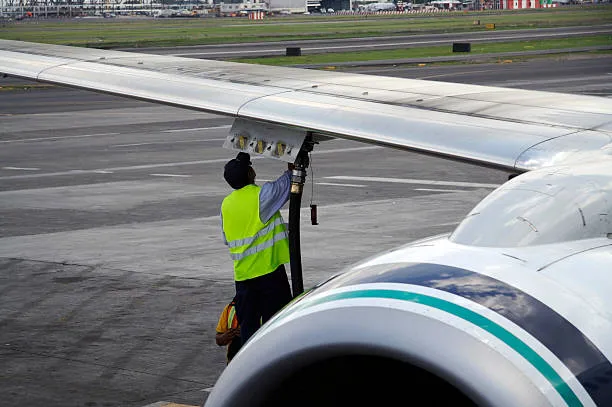Sustainable Aviation Fuel (SAF) is increasingly recognized as a pivotal solution for mitigating the aviation industry’s carbon emissions. Produced from waste-derived feedstocks, SAF has the potential to substantially cut greenhouse gas emissions associated with air travel.
As global travel resumes and the allure of international destinations and online shopping continues, the environmental impact of aviation often fades into the background. In 2022, the aviation sector was responsible for 2% of global energy-related CO2 emissions. With travel expected to grow nearly 4% annually over the next two decades, according to the International Air Transport Association (IATA), addressing these emissions becomes increasingly urgent.
To curb the environmental impact of air travel, advancements such as more efficient aircraft designs and the adoption of sustainable fuel alternatives are essential. The International Energy Agency (IEA) emphasizes that SAF will play a crucial role in the decarbonization of aviation. This article will explore the production of SAF and highlight how Samsung C&T’s Trading and Investment (T&I) Group is contributing to sustainability and regulatory compliance in the SAF raw material supply chain.
Related topics:
What is Original American Food
What Is Mexican American Culture

